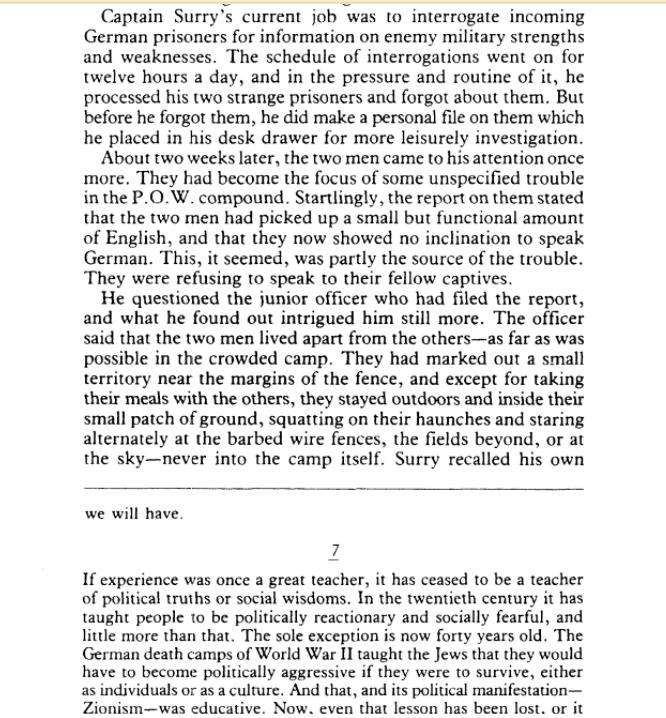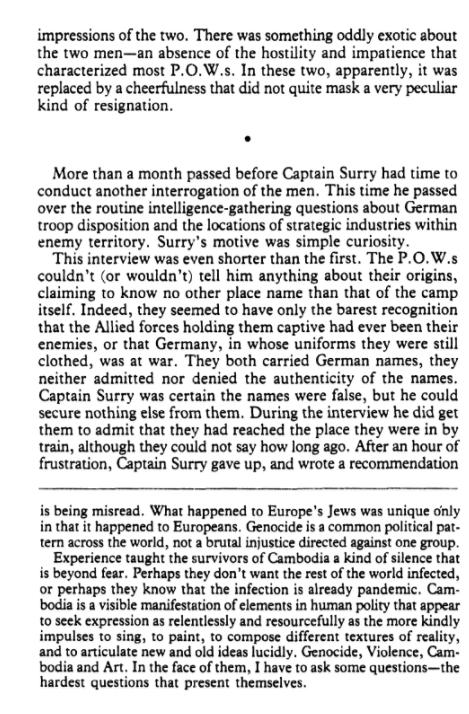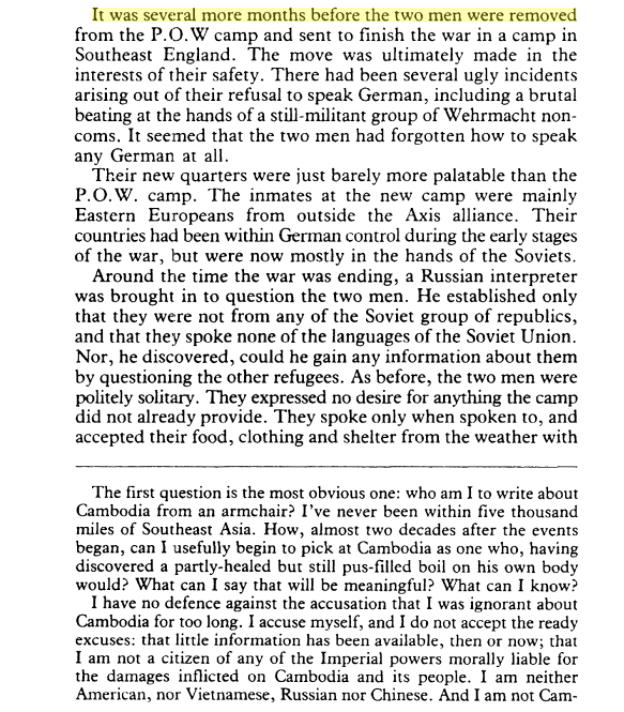Tibetan soldiers in the Second World War May 31, 2010
Author: Beach Combing | in : Contemporary , trackback
Beachcombing has long been intrigued by the following account published in Tribune in October 1944 in Orwell’s As I Please. We know that Greenlanders fought the Germans, that Brazilians attempted to take Monte Cassino… but Tibetans in the Wehrmacht? The mind boggles.
Is it genuine or a Second World War urban legend? Orwell is relying on an oral source and Orwell had some pretty unreliable friends. Beachcombing has read about it elsewhere but cannot find the reference: his sometimes unreliable visual memory tells him that it was in a footnote at the bottom of a page of tight text – make of that what you will. Was it in Bailey’s Mission to Tashkent? Perhaps… As always if anyone can help Beachcombing document this he would be extremely grateful: drbeachcombing[AT]yahoo[DOT]com
BTW we especially enjoy the line ‘Some years earlier they had strayed over the frontier into the Soviet Union…’ When Beachcombing read that he heard in his inner ear that ‘naaaaahhh’ sound that 80s quiz shows used when a contestant got an answer wrong.
October 13 1944
Recently I was told the following story, and I have every reason to believe that it is true.
Among the German prisoners captured in France there are a certain number of Russians. Some time back two were captured who did not speak Russian or any other language that was known either to their captors or their fellow prisoners. They could, in fact, only converse with one another. A professor of Slavonic languages, brought down from Oxford, could make nothing of what they were saying. Then it happened that a sergeant who had served on the frontiers of India overheard them talking and recognized their language, which he was able to speak a little. It was Tibetan! After some questioning, he managed to get their story out of them.Some years earlier they had strayed over the frontier into the Soviet Union and had been conscripted into a labour battalion, afterwards being sent to western Russia when the war with Germany broke out. They were taken prisoner by the Germans and sent to North Africa; later they were sent to France, then exchanged into a fighting unit when the Second Front opened, and taken prisoner by the British. All this time they had been able to speak to nobody but one another, and had no notion of what was happening or who was fighting whom.
It would round the story off neatly if they were now conscripted into the British army and sent to fight the Japanese, ending up somewhere in Central Asia, quite close to their native village, but still very much puzzled as to what it is all about.
***
30 July 2011: Mike Dash writes in to help with this old, old post: ‘I can’t assist with the original source, but it does sound to me as though Orwell’s tale is related to (or possibly the source of) the infamous ‘Tibetans with green gloves’ story that pops up in various not very reliable accounts of the Nazis and their supposed interest in the occult. According to this version of events, these guys were adepts of some sort brought to Germany by Himmler for help in magical rituals, and found dead in the ruins of Berlin. Different versions of the story have their numbers varying from 6 to about 1,000. II suspect this version got its start with Pauwels and Bergier (not much of a recommendation). They debuted it in The Morning of the Magicians back in the early 1960s. As you probably know, another possible source of ‘Tibetans in Germany’ stories is tales based on Ernst Schäfer’s 1938 pseudoscientific Tibet expedition. It all supposedly links back to the Thule Society, which even reputable historians (Kershaw etc) acknowledge was a bit part player in the early history of the NSDAP. Anyway, see here and here for the green gloves stuff. These are just examples of the numerous online references to this story.’ A year on Beach is sure that the other reference exists. Beach will also give a plug here to Chris Hale’s Himmler’s Crusade. Thanks Mike!






